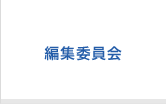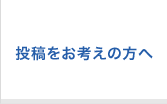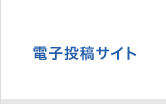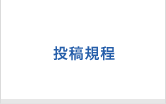第51回日本神経学会総会
<East Asian Neurology Forum 4>
Acute management and research of stroke in Taiwan: an update
Chih-Ping Chung, M.D. and Han-Hwa Hu, Professor
Section of Cerebrovascular Diseases, Department of Neurology, Taipei Veterans General Hospital〔Floor 16, No. 201, Section 2, Shi-Pai road, Taipei, Taiwan〕
The presentation discussed certain issues in the management and research of cerebrovascular diseases in Taiwan. In the first part of the presentation, the acute management of stroke in Taiwan, I have revealed the results of the Taiwan Thrombolytic Therapy for Acute Ischemic Stroke (TTT-AIS) study (rt-PA). TTT-AIS was a multicentre, observational study, which enrolled 244 eligible patients with acute ischemic stroke from 23 hospitals from December 2004 to July 2008. The standard-dose group (0.9 mg/kg) had higher rates of symptomatic ICH and mortality within three months, twice that of the lower-dose group. This pattern was more prominent in older patients. Besides, significantly lower independence rate was also observed among patients ≥70 years old receiving standard-dose than lower-dose. This study suggests that the standard dose of alteplase 0.9 mg/kg may not be optimal for treating aged Chinese. However, the optimal dose of rt-PA for ischemic stroke in Chinese should be based on more broad and convincing evidences. Randomized trials of lower versus higher dose of rt-PA are needed. The second part of the presentation discussed about the relationship between age-related cerebral white matter lesions (leukoaraiosis) and jugular venous reflux (JVR), one of the plenty researches about cerebral venous insufficiency in Taiwan. The presentation introduced current evidences and rationales favoring venous ischemia as a role in the pathophysiology of leukoaraiosis.
Full Text of this Article in Japanese PDF (47K)
(臨床神経, 50:828−829, 2010)
key words:rtPA, ischemic stroke, stroke treatment, jugular venous reflux, leukoaraiosis
(受付日:2010年5月21日)






